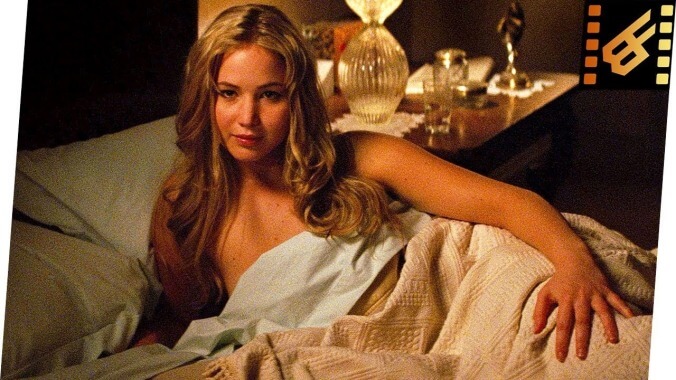Back when your grandparents were young, popcorn cost a nickel, people wore onions on their belts (which was the style at the time), and tentpole superhero movie series came out once a decade instead of once a month. When Tim Burton was tapped to bring Batman to the big screen, he looked back 10 years to the template set by Richard Donner’s Superman. Both films cast an acting heavyweight as the villain to balance out a relatively inexperienced lead. Christopher Reeve was an unknown before he wore the red S, and fans were initially horrified when Michael Keaton, best known as a comedic actor, was brought in to play the Dark Knight. The presence of Gene Hackman (who had already won an Oscar for The French Connection) as Lex Luthor, and Jack Nicholson (who had statues for One Flew Over The Cuckoo’s Nest and Terms Of Endearment, not to mention seven other acting nominations) as the Joker sent a message to audiences: Yes, this movie was based on a kids’ comic book, but the directors were taking this shit seriously. The message worked, and audiences came out in droves. Nicholson even netted a Golden Globe nomination for playing the Clown Prince Of Crime, and both actors got BAFTA nominations for their respective supervillains. The two remained acting giants long after their comic-book roles were behind them, each returning to the Oscar podium one more time: Hackman for Unforgiven, and Nicholson for As Good As It Gets.
